Frank Dikötter has written a very lively and concise analysis of the techniques and personalities of eight 20th-century dictators: Mussolini, Hitler, Stalin, Mao Zedong, Kim Il-sung, Duvalier (Haiti), Ceausescu (Romania) and Mengistu (Ethiopia). As a comparative study of those individuals, it is enlightening and a good read. The title and parts of the foreword indicate that it aspires to be a guidebook of tactics for those aspiring to be dictators and to retain their status as such.
There are some weaknesses in this broader ambition. These eight men were not altogether uniform in their methods of obtaining power, retaining it, or losing it, and certainly not in their abilities. Stalin, Mao, Kim Il-sung and Duvalier died in office to great public lamentations. Kim’s grandson holds his position; an ostensible heir is in Mao’s old chair and, as the author remarks near the end, is embellishing and reinforcing his dictatorship much as Mao and some of the others did. Vladimir Putin, though not nominally a communist or remotely as powerful or brutal as Stalin, yet invokes aspects of his memory, especially in opposing Russia’s would-be westernisers and in purporting to rebuild Russia’s world influence. François Duvalier’s son and heir was sent packing (with full pockets), but only after plundering his poor country for a further 15 years.
Of the four who did not die while serenely in office, Mengistu fled into exile. Hitler, still supported, as far as can be judged, by German opinion, even in total defeat, at least had the dignity to commit suicide, jointly with his bride of 36 hours, and have their remains burned to avoid desecration of their corpses. Both Mussolini and Ceausescu were deposed and executed. Dikötter makes the point that all these men tried to claim some theoretical and public policy and rigour, though it is really only communism that has attracted serious and durable advocates. The Nazis (National Socialist German Workers’ Party) were as their name implies, with the hideous further contortion of genocidal racism. As the British Nuremberg prosecutor Hartley Shawcross said of the Nazi ‘thinker’ Alfred Rosenberg: ‘By his interminable hate-filled tracts, he added boredom to the long list of Nazi atrocities.’
According to Dikötter, Mussolini’s ideology was whatever he came up with at the time. The claims of Kim, Ceausescu, Duvalier and Mengistu to being resurrected embodiments of high mystical folkloric traditions in their countries, apart from being ludicrous fabrications, had no takers; all of these men sustained themselves by brute force, supplemented by intense propaganda. Only Hitler, Mussolini, Stalin and Mao were objectively successful for a significant time, and only Hitler bettered the lot of his countrymen before he plunged them into a war he ultimately could not win against Churchill, Roosevelt and Stalin and the vast populations they led.
Fairness to dictators is not a cause that fills me with much enthusiasm, but Dikötter could have mentioned the Concordat with the Holy See in his account of Mussolini and Germany’s economic progress under Hitler, even if it was the result of mobilising the entire population to the armed forces and defence production. He could also have mentioned some other dictators, who were not as gratuitously barbarous megalomaniacs, and who presided over some objective improvement in their countries, such as Ataturk, Tito, Franco and even the Shah.
The best parts of this book are vignettes that will enlighten even those familiar with the lives of most of these men. I had not realised that only 75 people were spontaneously gathered in front of Hitler’s chancellery to celebrate his birthday in 1940, unlike the thronging crowds in previous years, or that in his last year, people did not stand up and stop talking when he entered a room as they had for the previous decade. Nor did I know that on Stalin’s 70th birthday he received the signed greetings of nine million Czechoslovaks and 16,767,680 North Koreans (almost twice the entire population). I was not aware that in Mao’s Rectification campaign of 1942, Chou Enlai, later the suave premier for 26 years, was forced to denounce himself publicly as ‘a political swindler’ (which was probably true, but nothing compared to his grumpy chief). How else than by reading this book would someone know that Kim, at his first public speech as the supposed Soviet puppet-leader in North Korea, ‘looked like a delivery-boy from a Chinese eatery’?
Dikötter asserts without qualification that the North Korean attack on South Korea was caused by the US secretary of state Dean Acheson neglecting to mention Korea in his demarcation of American national security interests. This has been a contentious subject for 70 years. And he exposes the New York Times’s Harrison Salisbury as almost as much a lacky of Kim as he had been at times of the Soviet leaders: ‘a monumentally astute and visionary statesman’, he called him.
François Duvalier had a public catechism made up to explain his status as a national saviour, and won a referendum on being president for life by 2,391,116 to one. Nicolae Ceausescu was officially described as combining the traits of ‘Julius Caesar, Alexander the Great, Pericles, Cromwell, Napoleon, Peter the Great, and Lincoln’, while Duvalier was a literary giant in the same class as ‘Kipling, Valery, Plato, St Augustine, and de Gaulle’. Ceausescu received the Order of the Bath and the Légion d’honneur in his brief period of popularity after declining to join in the invasion of Czechoslovakia in 1968. He and his wife Elena also performed doughtily at their execution — he sang the ‘Internationale’ while she shouted obscenities.
This is an unambiguously good book, even if there may be some over-simplification in the assimilation of these people to each other.
Got something to add? Join the discussion and comment below.
Get 10 issues for just $10
Subscribe to The Spectator Australia today for the next 10 magazine issues, plus full online access, for just $10.
You might disagree with half of it, but you’ll enjoy reading all of it. Try your first month for free, then just $2 a week for the remainder of your first year.

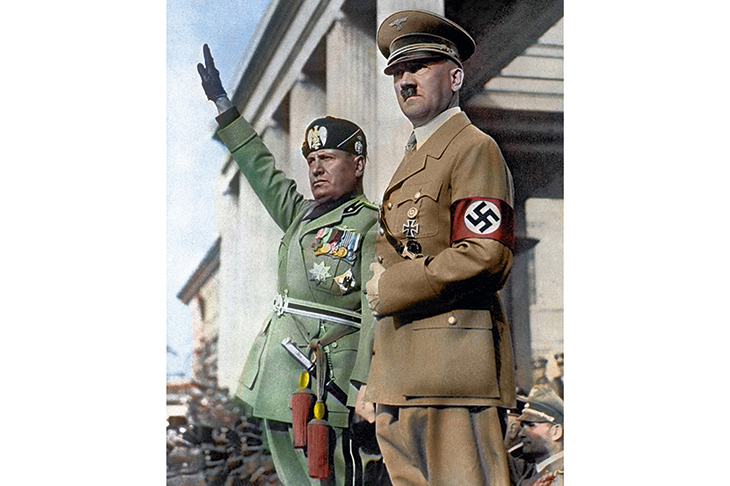

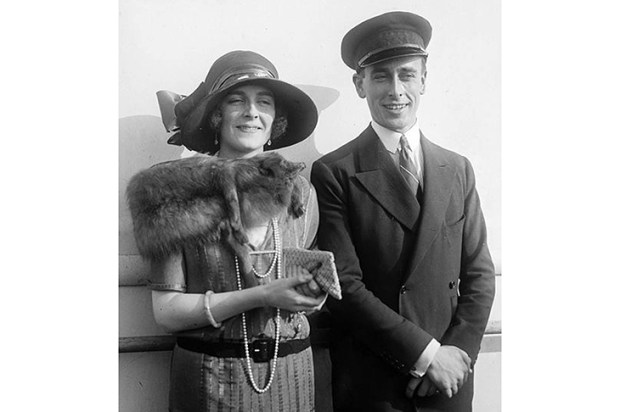

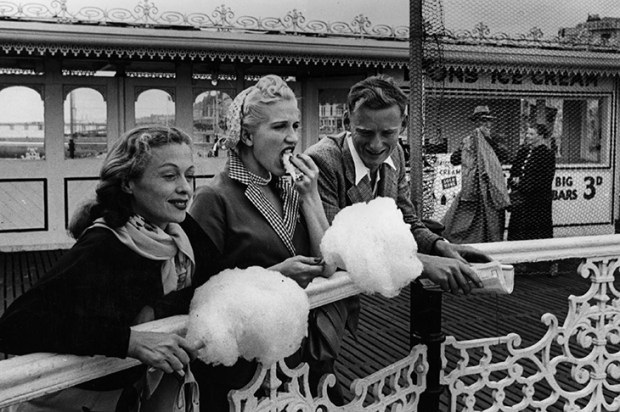
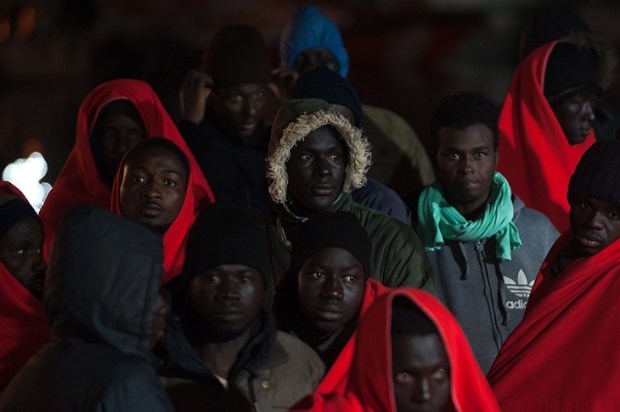
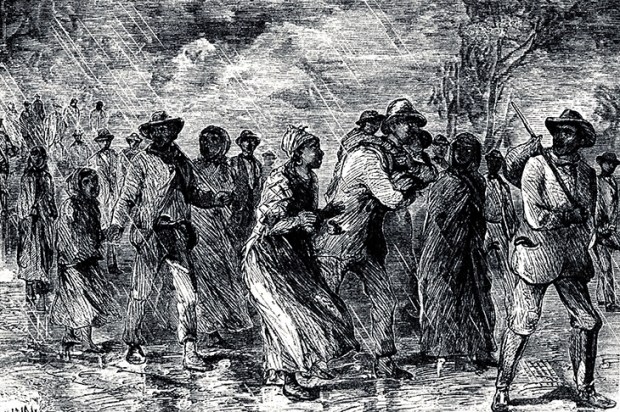






Comments
Don't miss out
Join the conversation with other Spectator Australia readers. Subscribe to leave a comment.
SUBSCRIBEAlready a subscriber? Log in